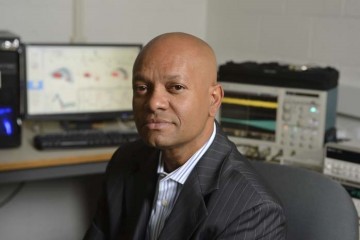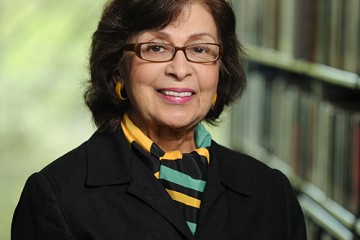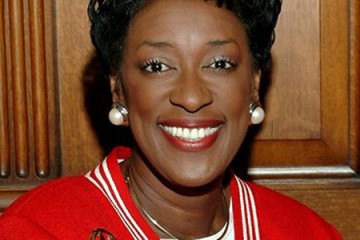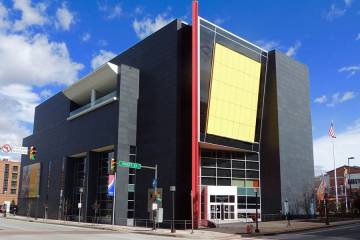This profile is among 61 originally created for the Indispensable Role of Blacks at Johns Hopkins exhibit, which is presented jointly by the Johns Hopkins University Black Faculty and Staff Association, the Office of the President, and Development and Alumni Relations. In celebration of Black History Month, the Hub will publish select profiles from the exhibit throughout February.
Empowered and inspired by the Civil Rights Movement, Bruce Baker and his classmate John F. Guess presented a list of 12 demands to the Johns Hopkins University administration in 1967. They sought such changes as increased black student enrollment and black faculty recruitment, a library section for black authors, and Johns Hopkins-Morgan State University mixers.
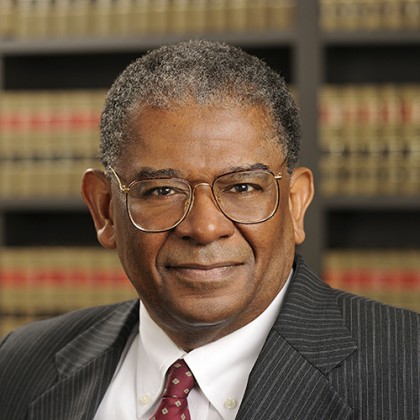
Image caption: Bruce Baker
Image credit: Will Kirk / Johns Hopkins University
A year later, Baker, Guess, and others petitioned Johns Hopkins University to establish a Black Student Union. Although similar groups had already formed at other university campuses, students at Johns Hopkins found their initial requests for official recognition rebuffed. The student council expressed concern that this student union would be seen as hostile and divisive. Continued and mounting pressure from Guess and Baker caused the student council to reconsider its decision and grant official status in 1969. Baker served as the BSU's first president, and Guess would later be elected as the university's first black student council president.
The BSU remains an influential group at Johns Hopkins, promoting diversity, respect, and understanding. The group also hosts events and lectures, organizes community service projects, and works to improve the climate for black students at Johns Hopkins.
After earning undergraduate and graduate degrees from Johns Hopkins, Baker worked as an economist with the U.S. Department of Agriculture and completed a law degree at the University of Chicago. He started his legal practice in banking and finance as an in-house attorney with the largest bank in Chicago, moving on to become the first black equity partner at Winston and Strawn, and then the first black equity partner at Baker & Mckenzie. He is now a partner at the law firm Hoogendoorn and Talbot.
Posted in University News
Tagged black history month




